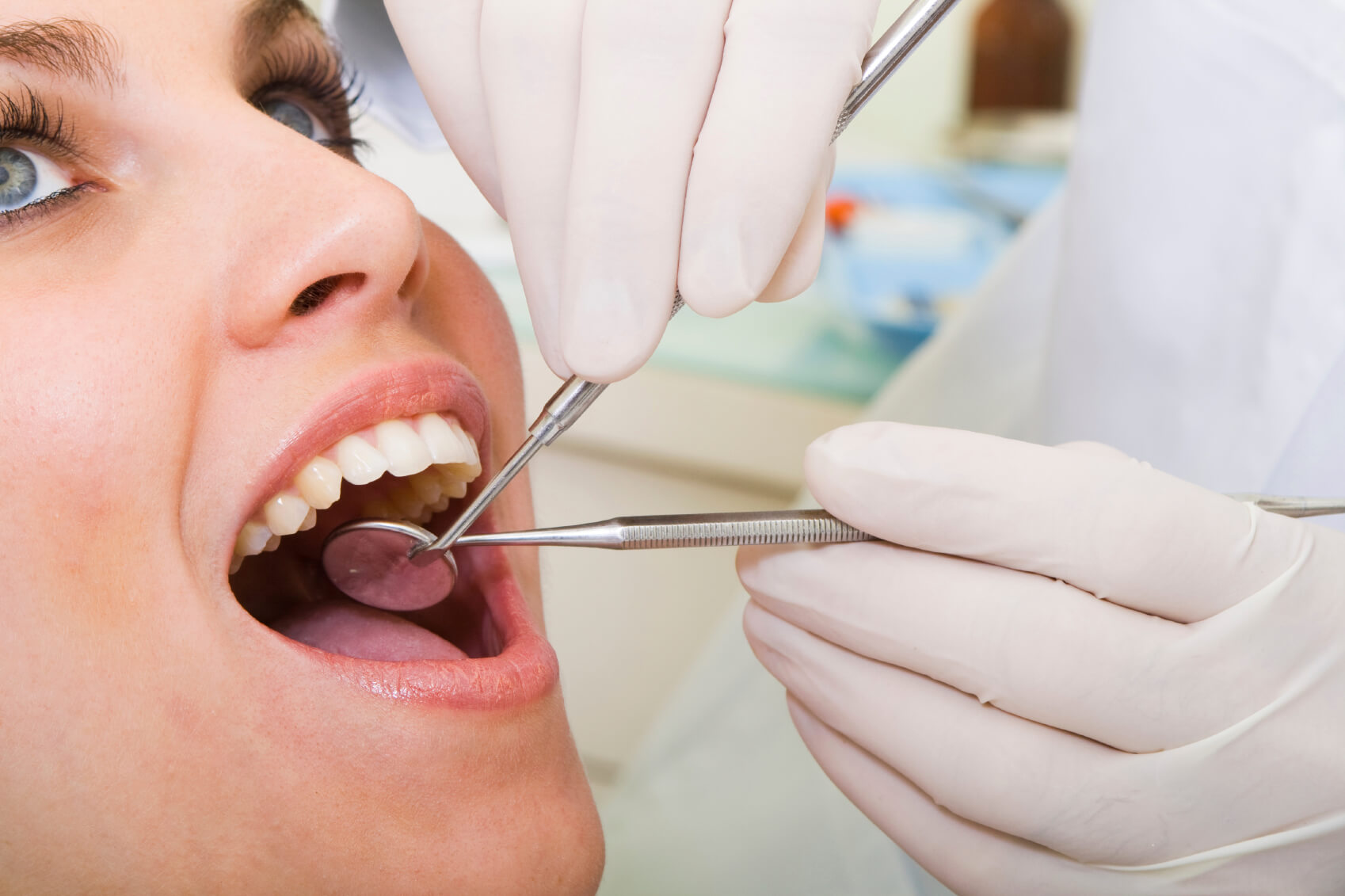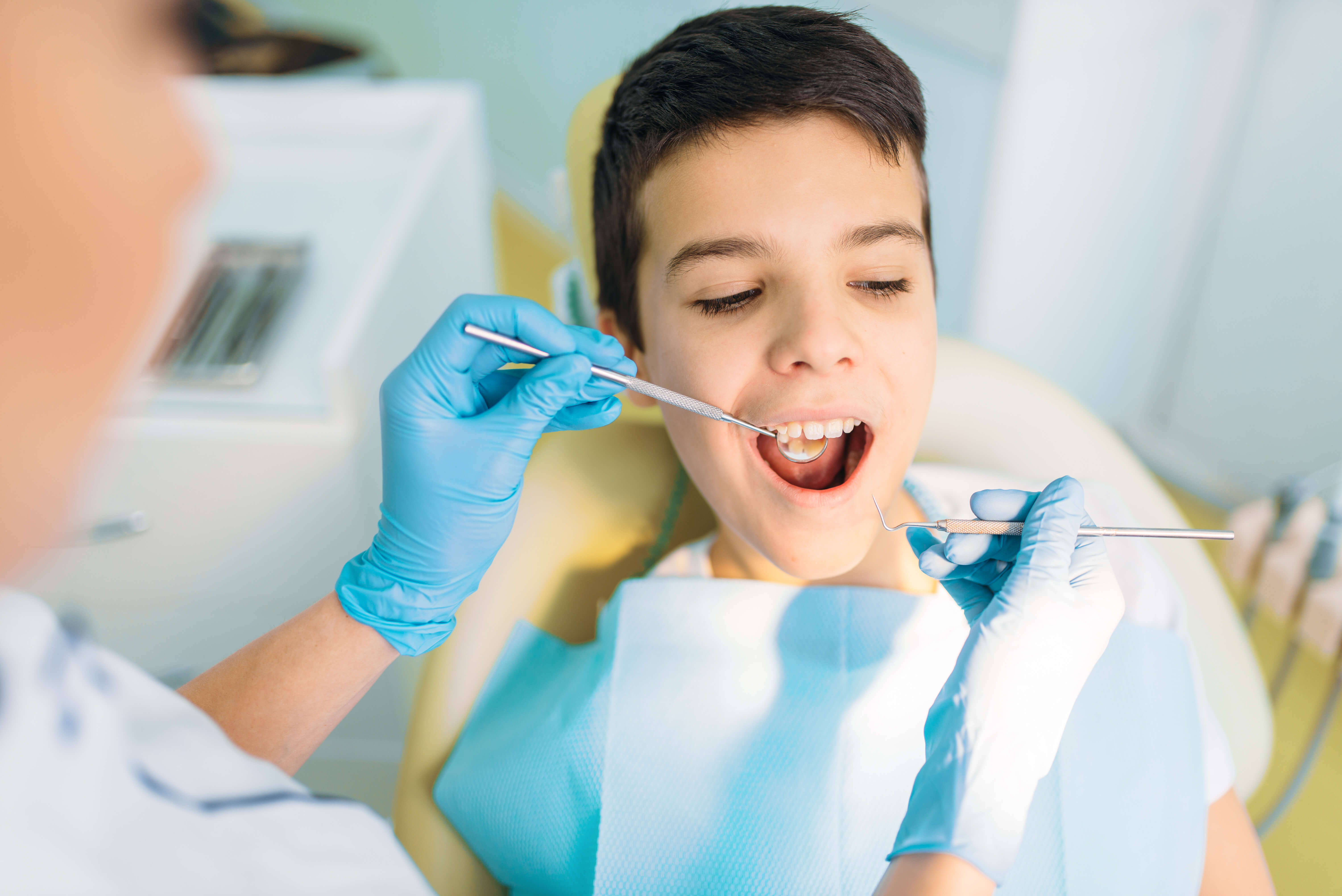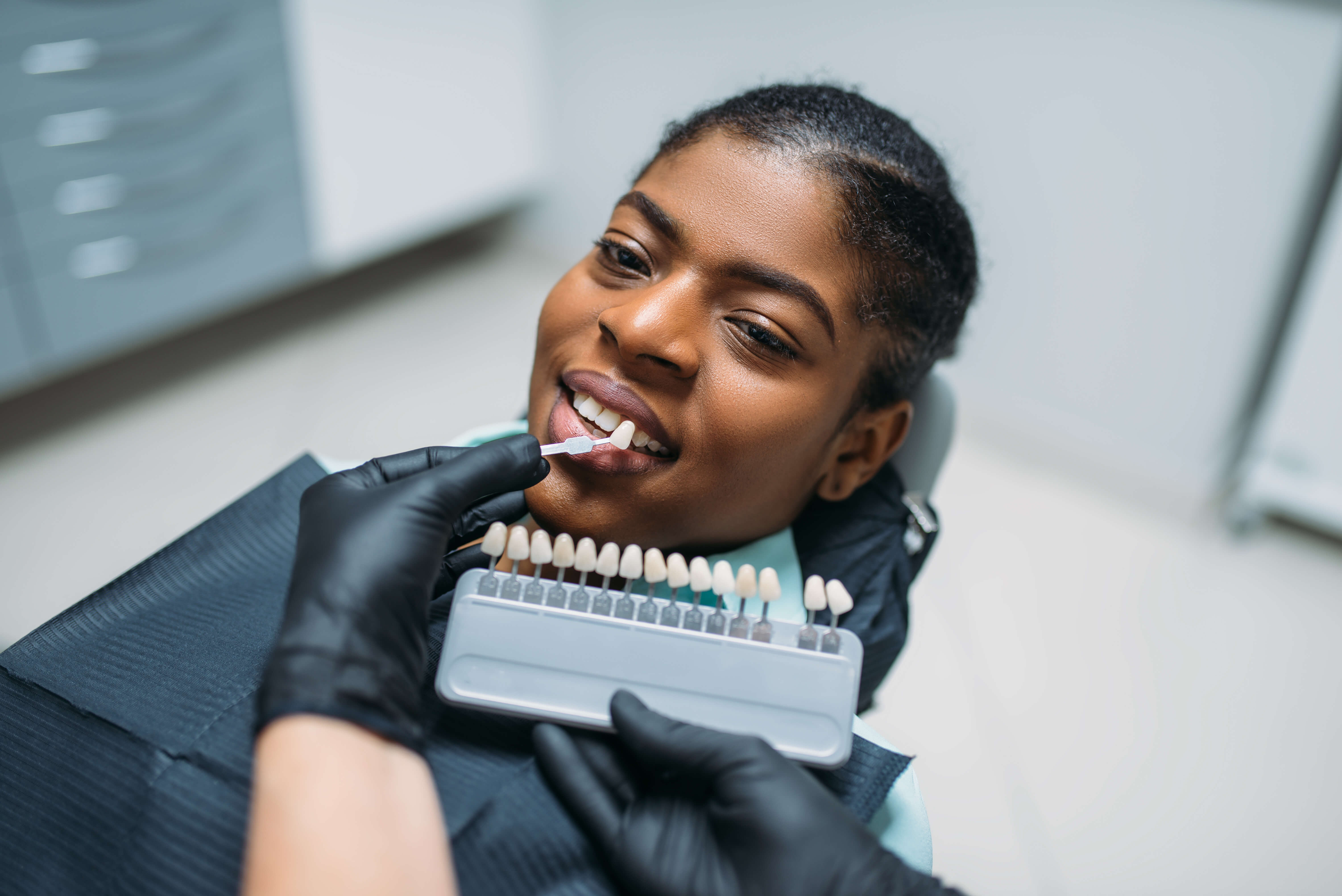IMPORTANT COVID-19 UPDATE:
Due to the ongoing pandemic, we have several precautions in place that are meant to make the office as safe as possible for both patients and staff.
Before your appointment, please fill out our COVID-19 Information Form and email it to us at Office@DrNevinDMD.com or bring it to your appointment.
Our office is thoroughly cleaned between each patient with the use of UV light disinfection and HEPA air filtration.
General Recommendations
After any dental operation, avoid chewing hard or sticky foods for at least 24 hours - they can loosen or damage a restoration. Additionally, make sure to practice good oral hygiene and follow any other instructions from Dr. Nevin.
Detailed post-op instructions for various procedures are listed below.
Teeth are more susceptible to staining for 48 hours after bleaching treatments. For the 48 hours after whitening, it is best to avoid dark-colored food or beverages that can stain your teeth. Any item that can stain your clothes, can also stain your teeth. Avoid: berries, cola or other dark sodas, red wine, coffee and tea, tobacco and ketchup, soy or other dark sauces.
Using Your Custom Trays:
Follow the instructions given by our office, placing the bleaching gel in the center of each tooth position on the tray so that the gel will rest against the anterior surface of the teeth once it is placed in your mouth. Wear trays for the recommended time. Rinse the mouth and gently remove any gel remaining on your teeth with a soft bristle toothbrush. Clean the trays.Crowns and Bridges may take one to three visits to complete. The dentist will inform you of your treatment options and the time needed to complete the procedure. You may have some sensitivity following treatment with tenderness around the gum and tooth for a day or two. If the tenderness or sensitivity lasts longer than this please contact our office. If anesthesia is used, avoid chewing, biting, and eating until the numbness has worn off. If you have a temporary placed eat softer foods and avoid foods that are particularly crunchy, chewy or hard. If the temporary restorations become loose or break, please call us immediately.
Carefully clean around the restoration, brushing and flossing daily. When flossing, take extra care not to loosen the temporary restoration by removing the floss too roughly. You can slowly thread the floss out by one end if necessary to avoid too much pressure on the temporary.
Once your final restoration has been placed avoid chewing on hard, crunchy or sticky foods for 24 hours in order to give time for the cement to fully bond. Mild sensitivity to hot or cold foods is not unusual and should dissipate after a few weeks. If sensitivity lasts more than six weeks please let the office know, although this happens infrequently.
Ongoing care for your restoration includes brushing your teeth after every meal and snack, and flossing at least once a day before bedtime. Rinsing your mouth with water or mouthwash with also help to remove any additional particles that may have been missed during brushing and flossing.
1. For the next 30 minutes, do not eat or drink anything. You have a temporary filling that takes about 1/2 hour to harden. Please do not feel around your tooth with your tongue.
2. If any prescriptions were given, please have them filled promptly. If no prescriptions were given and you are not allergic, you may use any ibuprofen type of medication such as Motrin or Advil, 3 tablets (600mg) every 6-8 hours as needed for discomfort and alleviation of swelling. Alternatively, you may use Tylenol, 1000mg every 6-8 hours as needed. Do not exceed the guidelines printed on the label for any medication. If you are unable to achieve adequate pain control, please call our office.
3. You may find using an ice pack to the affected area helpful. Please do not apply ice directly to the skin; have a cloth between the ice and skin at all times. You may apply the ice for up to 20 minutes on and 20 minutes off for the next 6-8 hours as needed.
4. Once you begin to eat and drink, avoid chewing or biting on the area worked on until your permanent restoration is in place. The area may be more sensitive due to swelling. The temporary in place is a soft composite that is vulnerable to fracturing (cracking) with hard substances such as peanuts, pretzels, hard candy, ice cubes, etc. You will need to see a restorative dentist within a month to have a permanent crown placed. Please contact your restorative dentist to make an appointment at your earliest convenience. Waiting longer than a month increases the chances that the temporary will fracture and/or decay will develop, in which case, you are at fault and will be responsible for all costs to have it redone.
5. Please keep the area worked on clean by gently brushing the area and flossing regularly.
6. It is rare for a temporary filling to fall out although it may divot while in use. If the temporary falls out please contact your general dentist as soon as possible. If your temporary falls out after office hours you may purchase some temporary filling material from most pharmacies and follow the included instructions.
7. Some discomfort following the root canal is normal for 2 to 4 days after the treatment. In some cases the tooth and surrounding tissue may be sore for a few weeks following the treatment.
8. Normal brushing and flossing are okay, unless otherwise specified by your doctor. Follow any other instructions provided by the office on your visit. Please take all medications as prescribed.
While flare-ups are rare, they occur in about 5% of the cases and cause significant pain. They occur with teeth that are extremely irritated and/or infected or with teeth that have a history of prior treatment. These sometimes occur randomly, even on patients that have had root canals done in the past without problems. If you have a flare-up you may experience moderate to severe pain, swelling, throbbing or general discomfort; please contact our office. You may be prescribed additional medication such as antibiotics and/or you may be asked to come to the office for further treatment. Should you experience any of these symptoms, please contact the office, even after hours.
You may have discomfort for a few days after receiving your final dentures or partials. Dentures and partials will often need several adjustments in order to fit comfortably. To help adjust to your dentures you can practice reading aloud for a little while each day. At night you should remove your dentures and clean them. They should be stored in a clean container filled with denture cleaning solution. Dentures should be removed for at least 6 hours a day to give your mouth and gums time to rest. Food particles can become trapped under dentures causing inflammation or sore spots. Brush the roof of your mouth, your tongue and lightly brush your gums after removing your dentures.
Ongoing care for your restoration includes brushing your teeth and surrounding tissues after every meal and snack, and flossing at least once a day before bedtime unless you have full dentures, in which case brushing them is very important. Rinsing your mouth with water or mouthwash will also help to remove any additional particles that may have been missed during brushing and flossing.
You should visit our office at least once a year to have your dentures or partial adjusted and checked by the doctor. Wearing ill-fitting dentures or partials without proper care and adjustment can cause severe bone loss and very serious oral disease. Please call our office at the first signs of any symptoms or if you are experiencing ongoing pain or discomfort.
Immediately following surgery, keep the gauze pad placed over the surgical area with pressure applied by biting down until the bleeding stops. A certain amount of bleeding is to be expected following a surgical procedure. Placing the gauze pad over the area and biting firmly may control excessive bleeding. Slight bleeding, oozing, or redness in the saliva is not uncommon. Repeat as necessary within a one-hour period following surgery.
If you have been prescribed pain medication besides aspirin, Tylenol or ibuprofen (Advil or Motrin), do not drive, operate heavy equipment, work around machinery or tools or engage in any other activity that may be unsafe when groggy, as your reflexes and judgment will be affected by the medication. Do not take more than 800mg every 4-6 hours. Medication should not be taken on an empty stomach. If you have been placed on antibiotics, take the medicine as directed. Antibiotics may be prescribed to help prevent infection.
Swelling around the face, eyes and surgical site is not uncommon. This swelling may not appear until the day following the surgery and may become more noticeable two to three days following surgery. You can help to minimize the swelling by applying a cold compress on the face near the extraction site alternating on for 20 minutes then off for 20 minutes. After 36 hours the ice will have no further impact on swelling. After this period, the application of moist heat to the sides of the face can help reduce swelling.
For 24 hours following your surgery, do not suck on a straw, brush, rinse, spit, or smoke. Avoid hot and spicy foods, carbonated and alcoholic beverages. During the first few days after surgery restrict your diet to liquids and soft foods such as soups, yogurt, juice, and smoothies. Restrict your activities on the day of your surgery, avoid excessive work or play and resume normal activity the following day as tolerated.
After the first day, gently rinse with a warm salt water rinse, approximately one-half teaspoon of salt in an eight ounce glass of water, three times a day.
If any sutures were required, they will dissolve on their own in 7-10 days. It will not be necessary to return to the office for sutures to be removed.
Children should be supervised after having an extraction to make sure they do not bite or their tongue or lips as it can cause serious injury to their soft tissue.
Please call our office if you experience severe pain, excessive bleeding or swelling, or if you have any questions or concerns. In the event of an emergency, please call our office. If you are experiencing a serious or life threatening emergency, please call 911 or visit the nearest emergency room.


